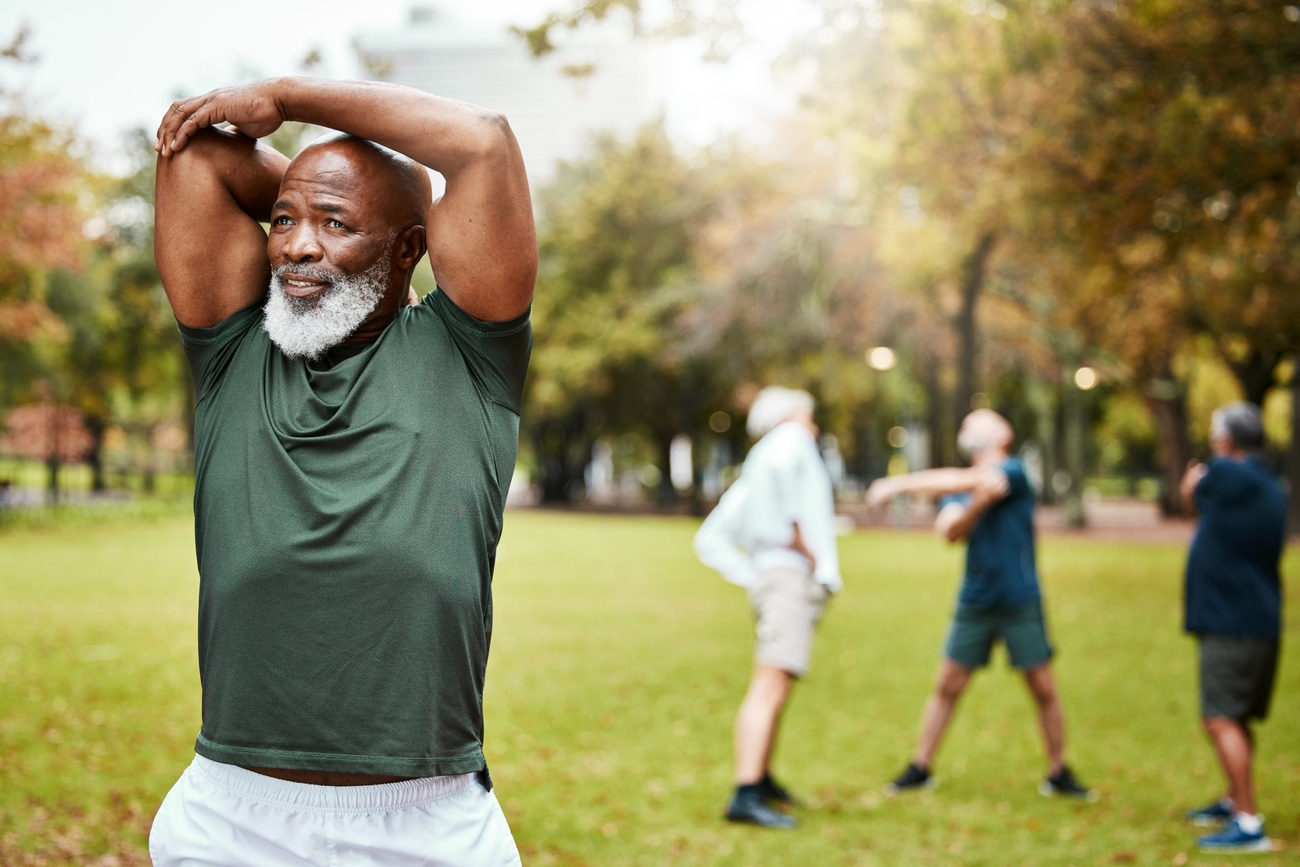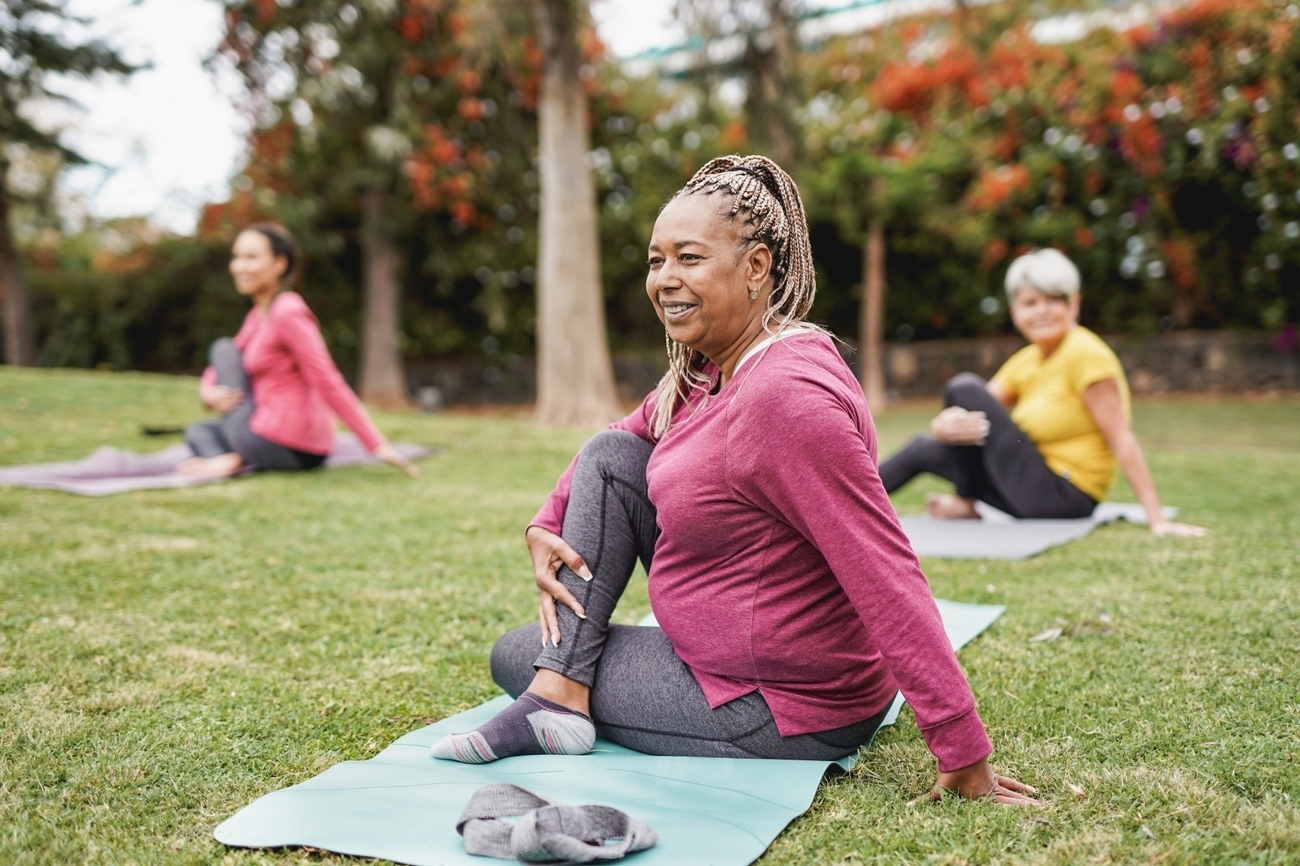The Causes, Symptoms and Treatment of Upper Back Pain

This article has been medically reviewed for accuracy
Hip pain is a discomfort or sense of pain around your hip joint.3
Hip joint pain can vary from a temporary annoyance to a bigger issue requiring attention from a healthcare provider.3
This can manifest in hip flexor pain, hip joint, or lower back pain.
Hip pain can be a symptom of other medical conditions, such as arthritis, bursitis, structural issues, or injuries to your hip.5 Hip injuries and pain are more common in athletes, such as dancers and gymnasts, who perform hip flexion and extension in various directions, placing stress on the hip.5
Other causes of hip pain include:
Experiencing hip pain at night can be detrimental to your sleep. Here is a breakdown of why your hips may hurt at night:
The treatment for hip pain will depend on what is causing it. Your healthcare provider may suggest various treatments depending on the severity of your pain and its cause.8
Try to avoid activities (such as strenuous exercise) that make your hip pain worse.7 Opt for more comfortable shoes and try to avoid standing for long periods of time.7
Your healthcare provider may recommend taking medication.8
Topical analgesics, such as Biofreeze’s range of products, applied to the affected area can also help alleviate muscle and joint pain.9
Get in touch with your healthcare provider to see what treatment is best for you. You need to seek professional medical advice if:7
This article has been medically reviewed for accuracy


Easy Application
Easily Covers Small & Large Areas
Colorless
Overnight Relief with Lavender scent
Long Lasting
Easily Covers Small & Large Areas

